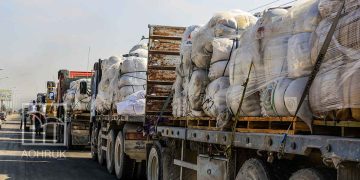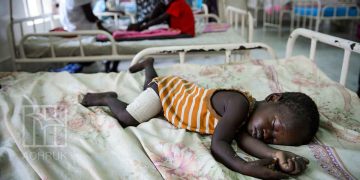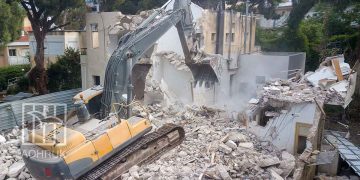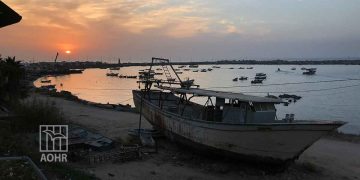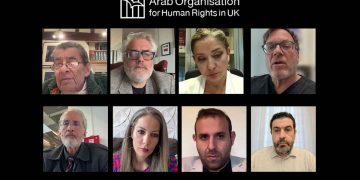In a statement raising renewed concerns over the ongoing military campaign against Gaza, Israeli Army Minister Israel Katz declared on Sunday that the Israeli government intends to make the Gaza Strip “smaller and more isolated”. The remarks have sparked alarm among human rights observers, who view them as indicative of a broader strategy aimed at the forced displacement and dismantling of Palestinian society in the Strip.
While Katz claimed that the measures are intended to increase pressure on Hamas, his comments point to policies that are impacting the civilian population directly. These include the contraction of territory accessible to Palestinians and the enforced isolation of residential areas — actions that have resulted in mass displacement and the fragmentation of the territory’s demographic and geographic fabric.
The statement comes amid an ongoing military offensive that began in October 2023 and has since led to large-scale bombardments, internal displacement, and the declaration of extensive areas as “security zones”. Areas such as the Morag corridor — now functioning as a dividing line between Rafah and Khan Younis — are viewed as part of a larger plan to separate key population centres and impede territorial continuity.
Such policies may meet the threshold for acts prohibited under the 1948 UN Convention on the Prevention and Punishment of the Crime of Genocide. The Convention defines genocide as acts committed with intent to destroy, in whole or in part, a national, ethnical, racial or religious group. These include killings, infliction of serious bodily or mental harm, and the deliberate imposition of living conditions calculated to bring about a group’s physical destruction. Many of these conditions are currently present in Gaza.
The stated intention to further isolate Gaza, coupled with ongoing restrictions on the entry of food, water, medical supplies, and fuel, heightens concerns that the civilian population is being subjected to collective punishment in violation of international humanitarian law. The Geneva Conventions explicitly prohibit such actions, while the Rome Statute of the International Criminal Court categorises the intentional infliction of life-threatening conditions as potential war crimes and crimes against humanity.
Forced evacuation orders issued in areas such as Beit Lahia, Beit Hanoun, Jabalia and Rafah — often without the provision of safe humanitarian corridors — further raise questions about the legality of Israel’s actions under international law. Such operations appear to pursue not only territorial control but also demographic engineering, with the risk of altering the population structure of Gaza through coerced displacement.
According to official figures from Gaza’s health authorities, over 167,000 Palestinians have been killed or injured since the start of the current military campaign, the majority being women and children. Thousands remain missing under the rubble.
Minister Katz’s remarks, together with the documented facts on the ground, reinforce growing calls from international legal and human rights institutions for an immediate cessation of hostilities and the establishment of independent mechanisms to investigate and prosecute those responsible for alleged war crimes. There is a pressing need for international accountability to restore the principles of justice and human dignity in the face of one of the most destructive military campaigns in recent history.


